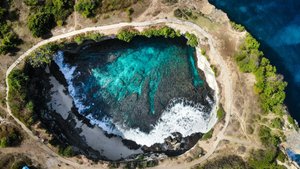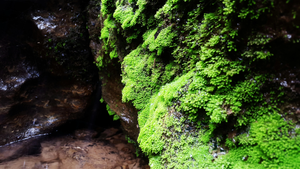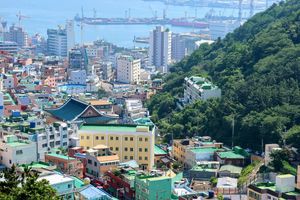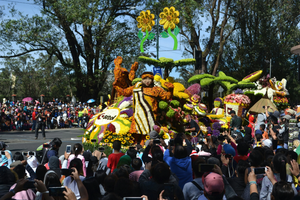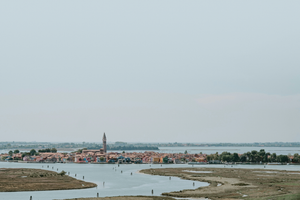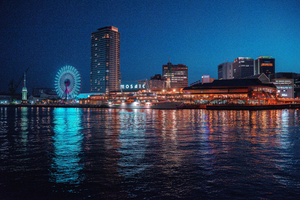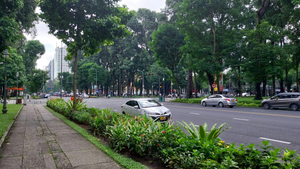Sacred Seas: Understanding Coral Preservation Efforts Around Komodo Island
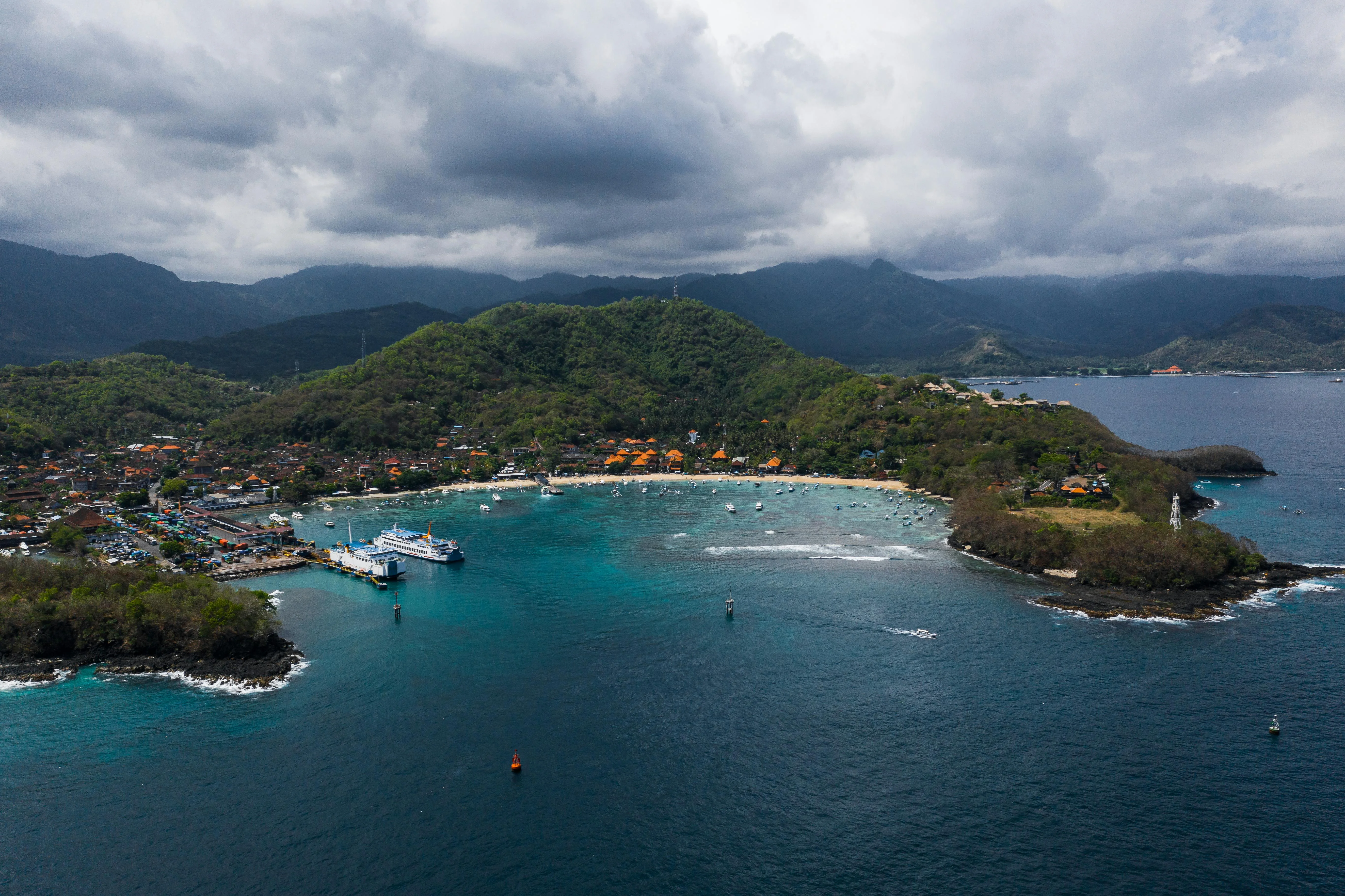
Komodo Island, nestled within the stunning regions of Indonesia, is renowned not only for its famed Komodo dragons but also for the breathtaking coral systems that hug its shores. Visitors flock to this natural paradise, particularly from nearby Bali, to witness the kaleidoscope of colors beneath its waves. Yet, behind this vivid seascape lies an urgent story: the need for preservation and awakening awareness about the delicate ecosystems of the region's coral gardens.
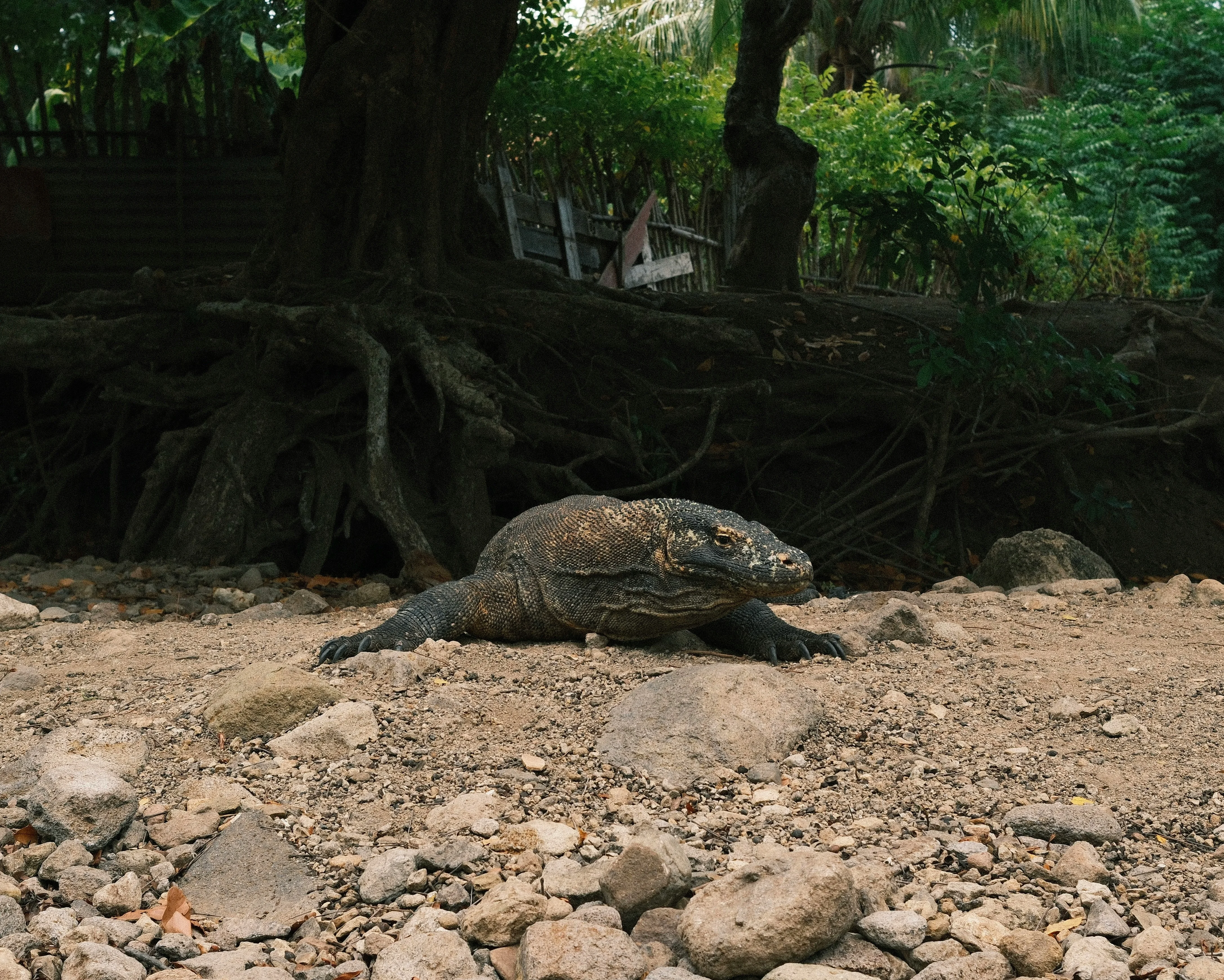
The Magnificent Underwater Tapestry
Komodo's coral reefs are a marvel of biodiversity. From iridescent sea anemones to darting schools of fish, these coral gardens are among the richest on the planet. However, the stunning beauty that draws divers and photographers poses an inherent risks—excessive human interaction coupled with environmental stressors threatens their very existence. For any Bali adventurer, understanding the conservation efforts is as vital as capturing these marvels through the lens. No snapshot can do these vibrant underwater worlds justice without a commitment to preserving their future.
The Pressing Challenges
The coral reefs of Komodo Island face many challenges, primarily climate change, which raises ocean temperatures and leads to bleaching. Furthermore, unsustainable tourism practices, illegal fishing activities, and rampant pollution compound these problems.
- Climate Change and Coral Bleaching: Rising sea temperatures can cause corals to expel the algae living in their tissues, leading to a stark whitening known as coral bleaching. If temperatures remain high, these corals cannot recover, leading to large-scale die-offs.
- Unsustainable Tourism: While tourism brings economic benefits to the region, it can also have detrimental effects if not managed carefully. Unregulated tourist activities, such as snorkeling and anchoring boats, can damage coral structures, making sustainable practices essential.
- Pollution and Illegal Fishing: Plastic waste and chemical pollutants from human activities impact the water quality, while illegal fishing practices, including the use of dynamite, cause irreparable harm to these fragile ecosystems.
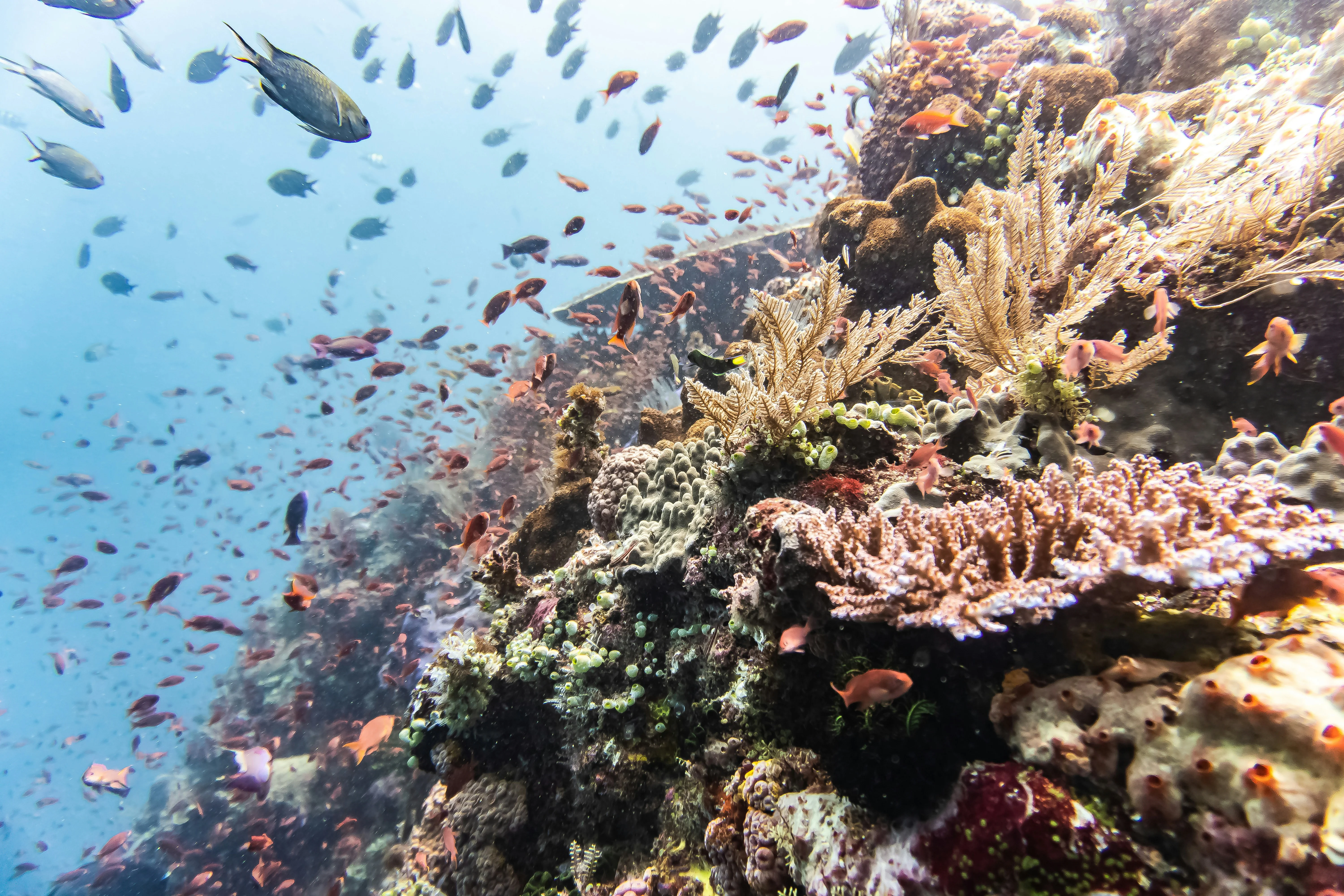
Hope and Efforts in Preserving Coral Life
In response to these threats, concerted efforts are underway to protect Komodo's underwater treasures. NGOs, government bodies, and local communities work hand-in-hand to implement measures aimed at preserving these vital marine environments.
Government and Community Initiatives
The Indonesian government has enforced tighter regulations on fishing practices and tourism activities in protected marine areas. These include the implementation of no-fishing zones, sustainable diving and snorkeling practices, and educational campaigns to raise awareness about the importance of coral conservation.
Local communities, recognizing the symbiotic relationship between their livelihoods and the health of marine ecosystems, have embraced traditional stewardship. Many have turned to eco-tourism, offering guided tours that adhere to principles of sustainable interaction with marine life.
Scientific and Technological Advances
Scientific endeavors have introduced coral farming techniques and the restoration of damaged reef areas. Organizations and research institutions have partnered to breed hardy coral species able to withstand warmer temperatures. These corals, once grown, are transplanted back into the wild, helping to replenish and bolster natural reef systems.
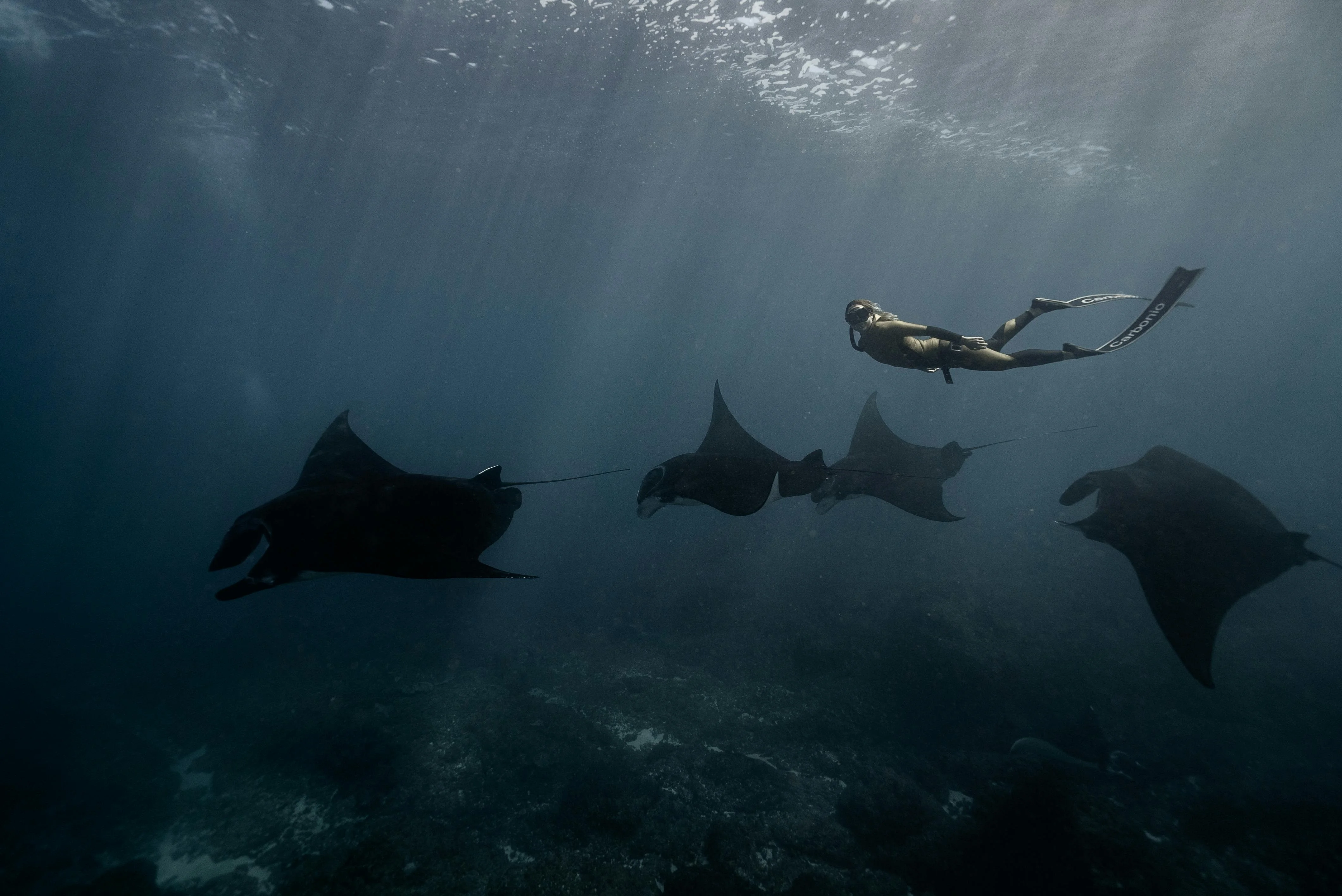
Inspiring Through Photography
For those visiting from Bali or anywhere else, photography can be a powerful tool to not only capture but also to share the story of Komodo's vibrant ecosystems. By portraying the beauty and fragility of coral reefs, photographers can inspire others to appreciate, safeguard, and support ongoing conservation efforts. Capturing images responsibly ensures that these marvels continue to thrive for future generations.
A Commitment to the Future
Preserving the coral reefs around Komodo Island is not merely about maintaining a touristic spectacle but about respecting nature and acknowledging our collective responsibility to maintain these ecosystems. For residents of Bali, visitors, and global admirers alike, supporting coral preservation efforts transcends beyond an environmental imperative; it's about sustaining the natural legacy of beauty that has for ages harmonized with human life.
The call to action is clear—appreciate the stunning beauty through conscious tourism, advocate for protective measures, and actively participate in conservation efforts so that the sacred seas of Komodo remain an enduring marine paradise.
